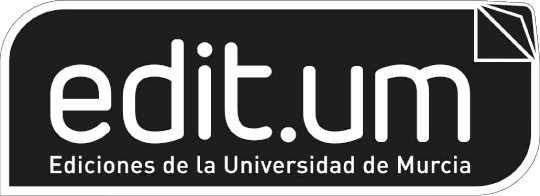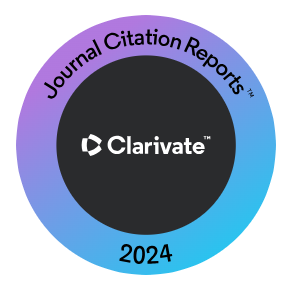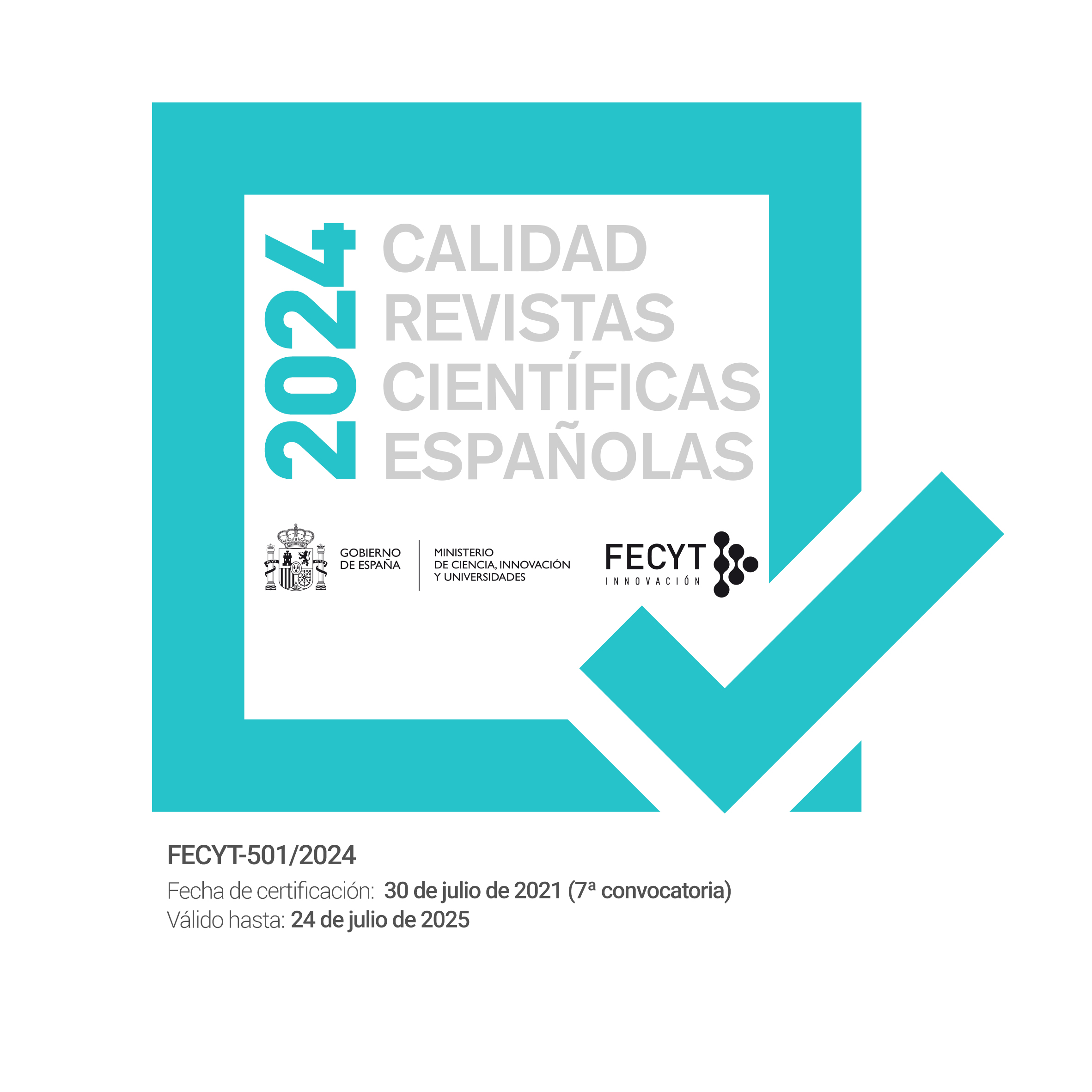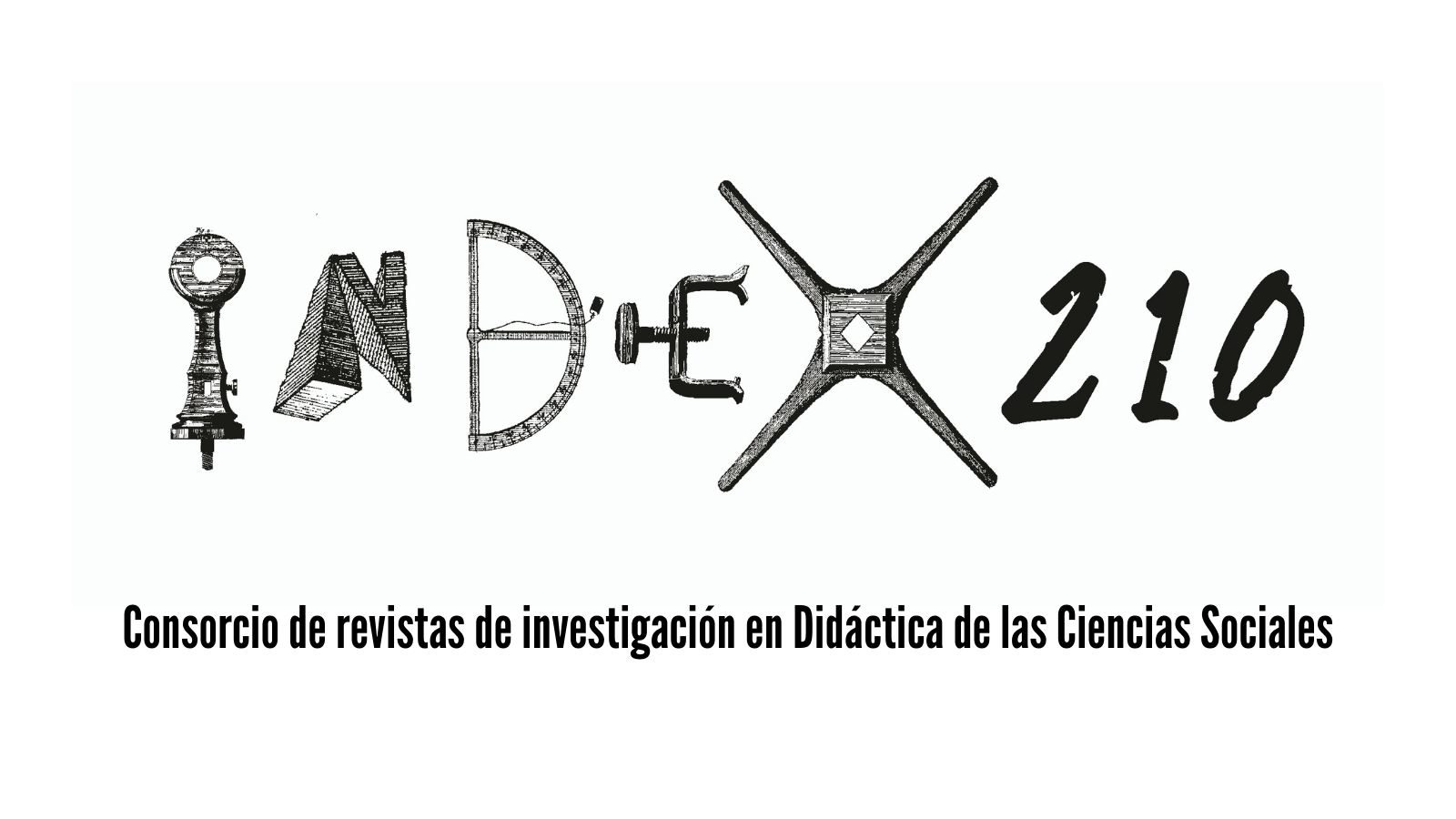Publication Ethics
The Publication Ethics and Code of Conduct of Panta Rei follow the guidelines established by the Committee On Publication Ethics (COPE) in 2011 and includes the indicators for the improvement of the editorial and scientific quality of the scentific Spanish journals addressed by the Fundación Española para la Ciencia y la Tecnología (FECYT) in 2020 (Indicators). According to these standards, the subsequent code of ethics was chartered: Siguiendo estas premisas, se establece el siguiente código ético:
Regarding readers:
Open Access Policy: Panta Rei is an open access journal, meaning that the content is available free of charge for any individual or institution. Readers can view, download, copy, redistribute, print, look up or link the complete texts of the papers, as well as use them for any other legal purpose. Previous consent of the editor or author is not needed as long as the authorship, URL, and journal are appropriately cited. This policy is in accordance with the BOAI definition of Open Access. This journal does not enforce an embargo period, and thus the articles are published along with the journal.
Content Policy: Every published paper in Panta Rei has been subject to review by a professional in the pertinent field. This journal uses double-blind review, which assures the eligibility, originality and significance of the contribution. Aside from the research papers, brief reviews adding bibliography and/or current events, and interviews on representative figures on History and its Didactics, are also accepted. The aforementioned sections are subject to thorough evaluation by the Editorial Committee.
Regarding authors
Submitting and processing costs: All costs are covered by the journal. Therefore, submitting and publishing do not posit any cost for the authors.
Contributing to the journal: Contributions to the journal can be made in three different areas: articles, interviews, and reviews. All the papers published in these sections will be evaluated by the Editorial Committee. Additionally, investigative research (articles section) will also be evaluated by experts in a double-blind review process.
| Submissions | Review | |
| Research Papers | Open | Double-blind peer |
| Interviews | Open | Editorial Board |
| Reviews | Open | Editorial Board |
Selection of submissions: The Editorial Committee guarantees that all decisions regarding the acceptance or rejection of an article will be based solely on the importance, quality, and originality of the work in question, and not connected to the author or his or her affiliation. For this reason the rejection of any submission will be communicated alongside a full report providing the Editorial Committee’s justification for their final decision. Upon receiving said report, authors may send relevant responses via the editor assigned to their case.
Review process: Once an article is approved by the Editorial Committee, the paper will be subject to a double-blind review process. This is not necessary in the case of reviews and interviews, which will be evaluated exclusively by the Editorial Committee. The full review process can be examined more closely at the following link.
Confidentiality: In order to guarantee anonymity in the review process, the authors will be asked to excise names and indications of affiliation as well as eliminate relevant information from the article, such as special thanks or allusions within the text to previously conducted research, which might serve to identify the author.
Plagiarism policy: Panta Rei makes a strong commitment to the protection of previously published works. For this reason, plagiarism is strictly prohibited and any texts found to commit plagiarism will be eliminated from the journal if already published or not published if detected beforehand (consult Antiplagiarism Policy). In any case involving plagiarism the journal will act as quickly as possible to resolve the matter. By accepting these terms, authors guarantee that their article and associated materials are original and do not infringe upon the rights of any other author.
Originality and veracity of data: Authors must also guarantee that there is no conflict of interest that may have influenced their results, and that they have not altered any data in order to continue their research, along with the declaration of the veracity of their information, data, and obtained results. Moreover, the author commits to send original research, which cannot be found in any other journal or language. Similarly, said article cannot be submitted to any other journal while the review process is still ongoing.
Information on the specific contribution of each author to the published papers: The authorship of the paper is determined by the meaningful and relevant contribution to the carried out research, and entails the acknowledgment of the content and statements made in the final published text. In the specific case of Panta Rey journal, it is requested that the contribution of each author is made specific so that the authorship order established is justified.
Responsibility: The journal takes no responsibility for the opinions of the authors published therein, and said authors remain the only persons responsible for the content of the text. If an author identifies a serious error in the published text, they must notify the administration of the journal immediately so the error may be rectified.
Acknowledgment of the source of funding of the published papers: The author/s is/are requested to register the financial support received to carry out the research. In the case of having been given external funding, the name of the funding institution must be specified, as well as the identification number of the funding and the role played in the research by the funding entity. In the case of internal funding or funding derived from a working position in some institution, this condition must also be acknowledged. In either case it should be declared in the main text of the paper (section “Acknowledgment and funding” in the template) as well as in the metadata of the OJS platform of the journal.
Copyright and publication rights for authors: Authors who publish in Panta Rei reserve all rights of authorship and copyright pertaining to their research at all times, with only those exceptions that establish the CC license used by the journal. If the author of an article would like to include (in part or entirety) said article in another publication, they must clearly indicate the nature of its original publication in Panta Rei. Similarly, authors are requested not to disseminate their work by any means until such time as it has been published in the appropriate volume of the journal. Upon receiving the file containing the final version of their published work, authors may index their work in non-commercial repositories.
Regarding Editors:
Publication guarantees: The members of the Editorial Committee shall guarantee a high standard throughout the review process, by assessing authors and reviewers as required, ensuring confidentiality and anonymity for authors and reviewers until the end of the process, and selecting eminently qualified reviewers for the evaluation of studies. Furthermore, the members of the Advising Board shall offer the necessary guidelines to enable the the aforementioned goals to be achieved, especially those pertaining to the quality of content and the qualifications of reviewers.
Final Decisions on Publication: The Editorial Committee shall guarantee that those decisions taken regarding the acceptance or rejection of submissions are taken with the greatest possible objectivity, according exclusively and only to the guidelines and standards of the journal and the decisions of the Advising Board and the assigned reviewers. In cases of contradicting evaluations, the number of reviewers will be increased to avoid bias in the process as much as possible.
Scheduling Guarantee: The Editorial Committee shall uphold the specified timeframes for each of the steps of the editing process for submissions.
Regarding Reviewers:
Evaluation Guarantees: The reviewers carrying out each review process shall make an objective evaluation of the submissions. The evaluations made of each submission must be duly justified, avoiding any personal opinions without scientific basis. Similarly, reviewers must inform authors about recent relevant elements of the corpus which have not been incorporated, and advise them of any possibilities for improvement in the work in question. They must also notify the Editorial Committee of any concerns regarding plagiarism, the veracity of data, and/or possible conflicts of interest.
Scheduling Guarantee: Reviewers shall uphold the timeframes specified by the Editorial Committee in order to guarantee effective communication with authors and the meeting of established deadlines.
Regarding the journal:
Editorial practices on gender equality: Panta Rei journal follows editorial good practices that support gender equality. How?
- A high percentage of the members in the different organs of the advisory board are women (40%). Specifically, in the editorial board this percentage goes up to 54%
- In the last three volumes (2020-2019) 46% of the reviewers have been women.
- The works published in the journal always include the full name of the author/s.
Authors of research involving the participation of population (both children, youth or adults) will be informed about the relevance of incorporating sex or gender as a variable of analysis in the research design and establishing whether it has had an influence on the results obtained.
Use of inclusive language: Panta Rei journal recommends the use of inclusive language that promotes gender equality. It is highly recommended to read the guidelines and advice that the United Nations establishes for this: https://www.un.org/es/gender-inclusive-language/guidelines.shtml
Papers published by the editorial team: Members of the editorial team are allowed to publish papers in the journal only as an exception. If one of the members of the editorial team participants in a paper, another member of the editorial team will be responsible for its management. The reviewing process will entail being accepted by three blind peer-reviewers.
Digital Preservation Policy: Digital preservation is understood as the series of processes that ensure that the information that exist in digital format is supported and distributed to guarantee accessibility of content over the long term. Panta Rei, as a journal supported by the Publishing Service of the University of Murcia (Editum), has the following measures regarding the digital preservation policies of its digital archives:
- Preservation of the content in the institutional repository Digitum.
- Security backups every 24 hours.
- Periodical checkups of the integrity of the content to avoid corruption.
- Follow ups of the technological environment to foresee possible format migration or obsolete software.
- The preservation policy includes the allocation of a DOI to the title of the journal, to each volume and paper.
- The digital preservation will be inspected periodically.












